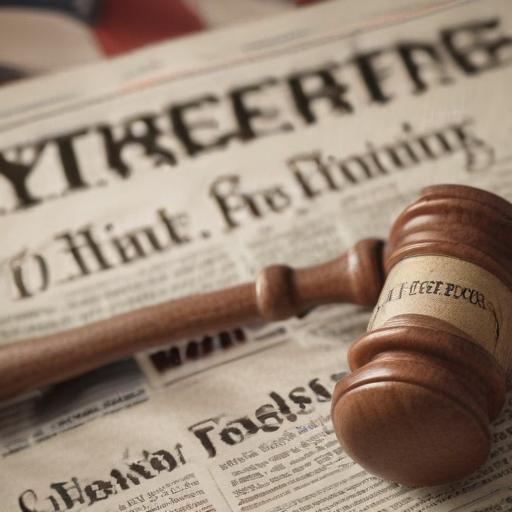In a bid to address growing unrest among MAGA supporters regarding the Jeffrey Epstein files, both President Donald Trump and Director of National Intelligence Tulsi Gabbard have introduced a controversial discussion surrounding the possibility of charging former President Barack Obama with treason. They allege that Obama orchestrated a plot to undermine Trump’s presidency before it even began, specifically citing claims that Obama manufactured intelligence on Russia’s interference in the 2016 election to undercut Trump.
Despite the chatter, a significant challenge for this narrative is the absence of concrete evidence substantiating allegations against Obama or any former officials. The intelligence concerning Russia has been repeatedly validated, even by members of Trump’s own party, including Senate reports endorsed by Republican Marco Rubio.
Furthermore, Trump’s own legal arguments may complicate any attempts to prosecute Obama. In 2024, Trump’s legal team contended that former presidents hold a degree of immunity from criminal prosecution, a position reinforced by the Supreme Court which ruled that presidents should be shielded from criminal charges related to official acts.
This begs the question of whether this immunity could apply to Obama’s actions regarding intelligence gathering. Legal experts suggest that requesting intelligence is likely a core presidential duty, lending credence to the argument that Obama’s potential actions would fall within his official responsibilities. This aligns with the Supreme Court’s view that a president’s core executive actions enjoy immunity, making any attempt to charge Obama less tenable.
The discussion seems more like a temporary distraction, as Trump often tends to pivot from pressing scandals like the Epstein files to other controversies. There lies an irony in Trump’s rhetoric: while he champions presidential immunity for himself, he implies such protections should not extend to his predecessor. He has publicly suggested that Obama could have committed far more serious offenses, such as harming him, without fear of prosecution—further emphasizing what appears to be a selective interpretation of legal standards.
As the dialogue persists, it remains uncertain whether any serious pursuit of accusations against Obama will materialize. Given the complexities of established legal precedents, and the lack of incriminating evidence, it seems more likely that these allegations will fizzle out, aligning with Trump’s historical pattern of such claims.
This raises critical questions about accountability among public officials and the delicate balance of power within the U.S. government. The discourse surrounding presidential immunity highlights the ongoing debate about the limits of executive power and the importance of holding individuals responsible, irrespective of their positions. Ultimately, this situation underscores the necessity for transparency and integrity in political leadership.
